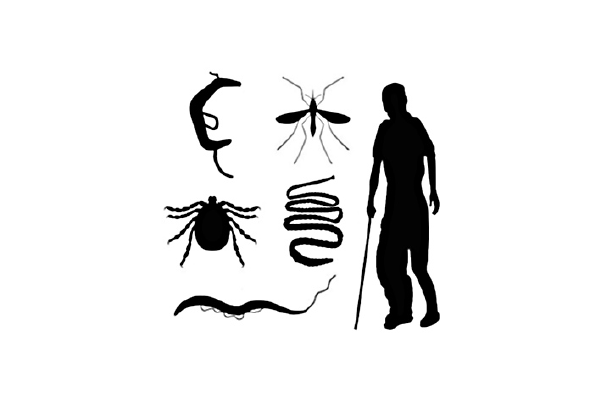
Fellowship in Tropical Parasitology
- 1 Colleges
Tropical is a kind of disease, which is unique and prevalent in subtropical and tropical regions..
Tropical is a kind of disease, which is unique and prevalent in subtropical and tropical regions. According to temperature climates, the prevalence of disease is less, due to part of the event or incident of cold season, which handles the insect population by facing inherbination. Somehow, many were presented in northern America and northern Europe in the 17th & 18th centuries, before present modern understanding of disease caution. The initial implementation for Tropical medicine helped to protect colonial settlers, diseases infected patients which is notable by British Raj in India. Insect like files & mosquitos are the form of most common diseases vector or carrier. This also carries a parasite, bacteria and virus in insects which get infected to humans or animals. The scope in the Tropical Parasitology journal has brought developing factors in technical and clinical studies, related to health, social and ethical issues in the medical field. It is a peer-viewed online journal with semiannual on demanding compilation related to Tropical Parasitology. Also the journal allows Open access (free access) for the development of content that is related to concepts, which can help to provide more knowledge about Tropical Parasitology. The content in the form of articles with clinical interests and implementations will be provided at both basic and advanced level.
The course provides great understanding for students about the importance of human parasitic and tropical diseases, including the vectors and life cycle process of transmission, distribution and manifestation, treatments, prevention, control, pathophysiology. Also Tropical Parasitology is taught by faculty from highly impactable areas. Such as Duke University, Kilimanjaro Christian Medical University and there are many more impactful institutions all over India. These courses let you understand about the basics to advanced level in Tropical Parasitology, along with ungraded trainers and faculties. And provides knowledge and skills which are highly demanded or must know basics such as Disease control, Disease Biology, Microbiology and Parasitology. As a basic UG student, this lets you know about how to control diseases with the help of technologies to give prevention, treatments and help diseased people to get out of the illness or inhabitant fence. If we overview of the course, there will be the learnings about protozoa, vectors, worms and human affectable diseases along with their life cycle, distributions, epidemiology and vectors of transmissions, clinical manifestation, pathophysiology, control, prevention and treatments. Initially, protozoans will be held which focus on the most popular diseases like malaria, trypanosomes, toxoplasmosis and leishmaniasis, their advance preventions and treatments, the global burden of morality which receives access, substantial contributions from protozoal disease. When it comes to advanced levels of learning, this focuses on things related to taeniasis and echinococcus, which is the branch of Cestodes. One example is neurocysticercosis, estimated as the leading disease for low and mid income countries.
Usually, any interested candidates can get into this course, medical or science related students are preferred to join the course because they have a high scope also understandable in the medical field. The duration of course is a minimum 3-4 years, according to the universities and exams time periods. Fellowship in tropical parasitology graduates can go for options like disease investigators, junior specialist, microbiologist and many more.
